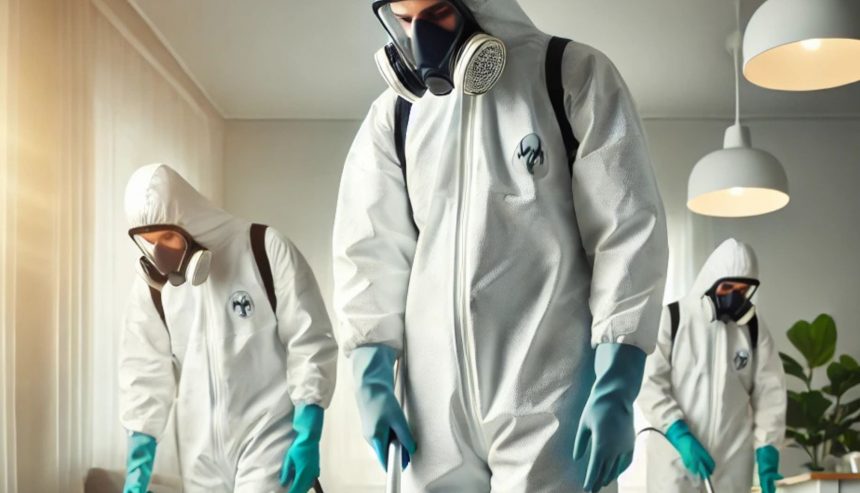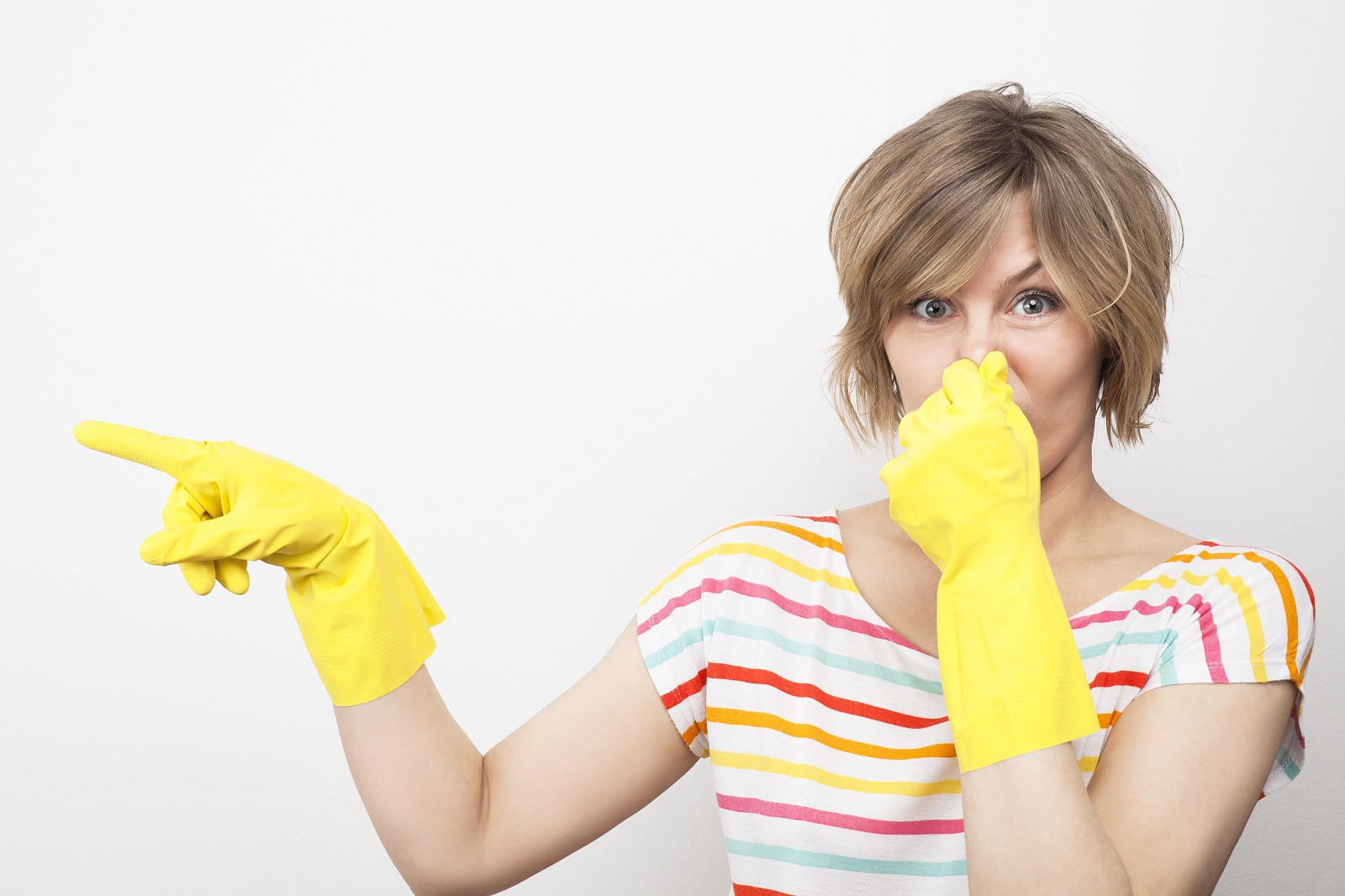Table of Contents
Pets are part of the family, offering companionship, comfort, and unconditional love. But as much as we adore our furry friends, pet-related incidents can create unexpected messes that go beyond a simple cleanup. From accidents involving bodily fluids to infestations and even the aftermath of pet-related illnesses, these situations may pose health risks to both humans and animals. That’s where specialized biohazard mitigation comes in—a professional service designed to restore safety, sanitation, and peace of mind.
In this post, we’ll explore what pet-related biohazards are, why they require professional attention, and how expert cleanup services protect your home and health.
What Are Pet-Related Biohazards?
Pet-related biohazards extend beyond everyday messes like shedding or muddy pawprints. They involve biological materials that may carry pathogens, bacteria, or viruses. Some common examples include:
- Pet urine and feces – Long-term or repeated accidents can soak into flooring, carpets, and walls, creating odors and harboring bacteria and ammonia.
- Pet dander and saliva – While often seen as an allergen issue, these can also contribute to poor indoor air quality and respiratory irritation.
- Blood and vomit – Whether from illness, injury, or surgery, these fluids can contain harmful pathogens.
- Rodent or wildlife intrusions – Mice, bats, or other animals inside the home leave behind droppings, nests, and urine, all of which are considered biohazards.
- Deceased pets – Sadly, the loss of a pet sometimes involves cleanup that requires safe, compassionate, and thorough handling.
While pet owners can manage small, isolated incidents, extensive contamination or recurring issues need professional biohazard mitigation to eliminate risks.
Why Pet-Related Biohazards Are Dangerous
Pet accidents may seem harmless at first glance, but prolonged exposure to biological contaminants can have serious health consequences. For instance:
- Respiratory issues – Ammonia from pet urine can irritate lungs and worsen conditions like asthma.
- Bacterial infections – Pet waste may carry harmful bacteria such as E. coli, Salmonella, or Leptospira.
- Parasitic risks – Feces can harbor parasites like roundworms or hookworms, which can transfer to humans.
- Allergic reactions – Dander and saliva can intensify allergies, especially in enclosed spaces with poor ventilation.
- Structural damage – Biohazards left untreated can seep into flooring, drywall, and insulation, creating long-term odor problems and costly repairs.
Ignoring these hazards not only impacts your family’s health but can also diminish the value and comfort of your property.
Why Professional Biohazard Mitigation Is Essential
Cleaning up biohazards isn’t as simple as scrubbing the surface or spraying air freshener. Professional mitigation is necessary because:
- Thorough contamination removal – Experts use specialized equipment and cleaning agents to reach deep into surfaces where contaminants linger.
- Odor neutralization – Professional-grade deodorization techniques eliminate smells at their source rather than masking them.
- Disinfection and sanitization – Industrial-strength disinfectants ensure pathogens and allergens are eliminated.
- Protective protocols – Trained technicians wear proper personal protective equipment (PPE) to avoid exposure risks.
- Safe disposal – Biohazard waste cannot be tossed in household trash. Professionals follow strict regulations for proper handling and disposal.
Attempting DIY cleanup often leads to incomplete results, leaving behind hidden contamination that continues to cause issues.
The Process of Pet-Related Biohazard Cleanup
When you call a biohazard mitigation team for pet-related incidents, the process typically involves:
- Assessment and inspection – Technicians identify the type and scope of contamination, including hidden areas affected.
- Containment – Barriers may be set up to prevent the spread of contaminants during cleanup.
- Removal of affected materials – Severely damaged flooring, carpet, or drywall may be safely removed and disposed of.
- Deep cleaning and disinfection – Specialized cleaners, enzymes, and disinfectants neutralize bacteria, viruses, and odors.
- Odor elimination – Techniques like hydroxyl or ozone treatments target lingering smells.
- Final inspection – The property is checked to ensure it is safe, sanitary, and free of hazards.
This systematic approach not only restores your home but also ensures long-term peace of mind.
When to Call a Professional
You should reach out to a biohazard mitigation company if you experience:
- Persistent odors from pet accidents.
- Recurring contamination in flooring, walls, or furniture.
- Rodent infestations or wildlife intrusion.
- Illness or injury involving significant pet bodily fluids.
- Situations where cleanup feels overwhelming or unsafe.
Even if you’re unsure, it’s better to have a professional assessment than risk ongoing exposure.
Restoring Safety and Comfort
Pets are beloved family members, but their accidents and health events sometimes leave behind hazards you shouldn’t face alone. Professional biohazard mitigation ensures your home is not only clean but truly safe for both humans and pets. By relying on experts, you eliminate health risks, preserve your property, and restore comfort to your living space.
At PuroClean of Auburn, we specialize in safe, compassionate biohazard cleanup for pet-related incidents and beyond. Our trained technicians use advanced cleaning methods to handle contamination thoroughly and respectfully. Call us on (207) 531-1200 If you’re dealing with a pet-related biohazard situation, contact us today—we’ll help you restore your home to a safe, healthy environment.



